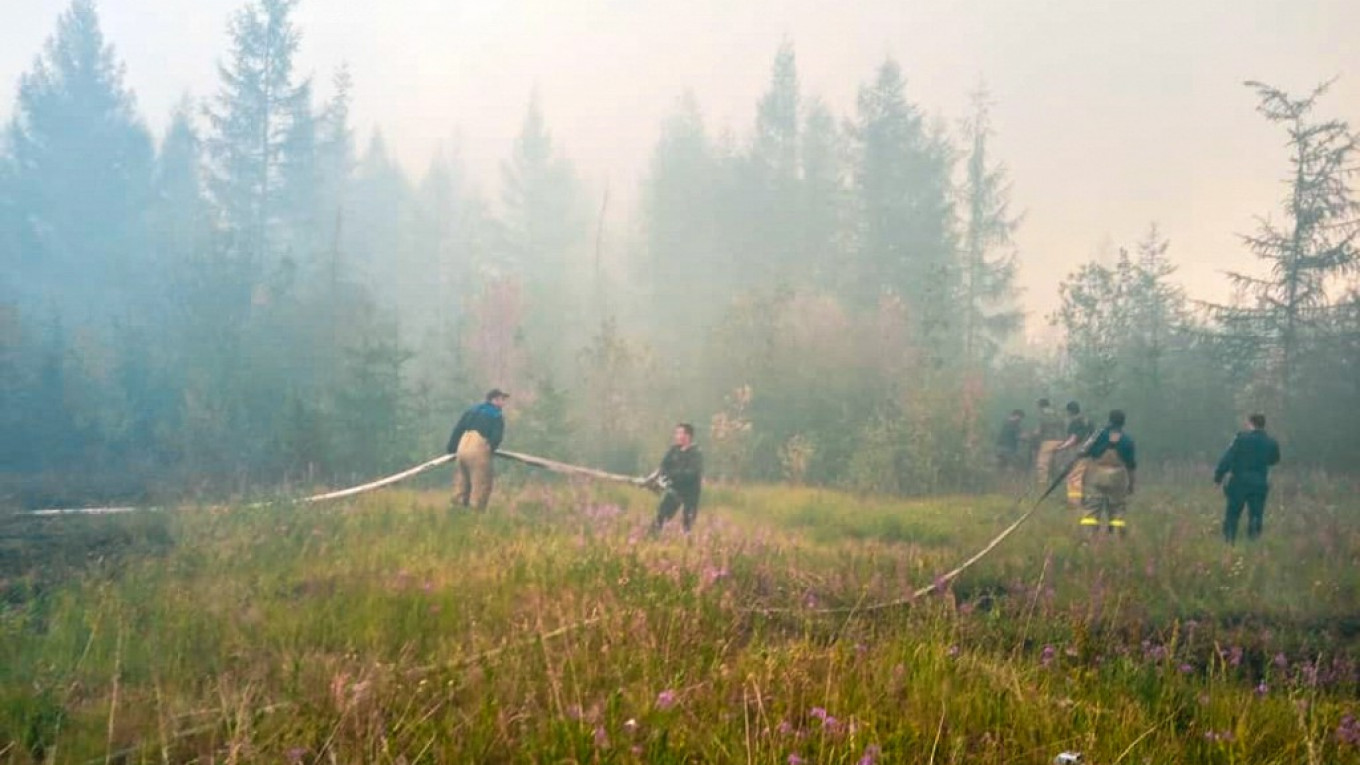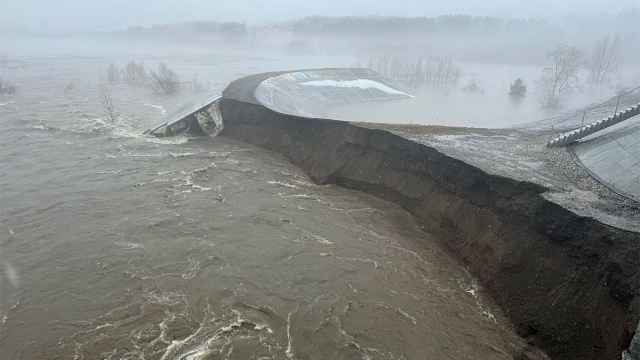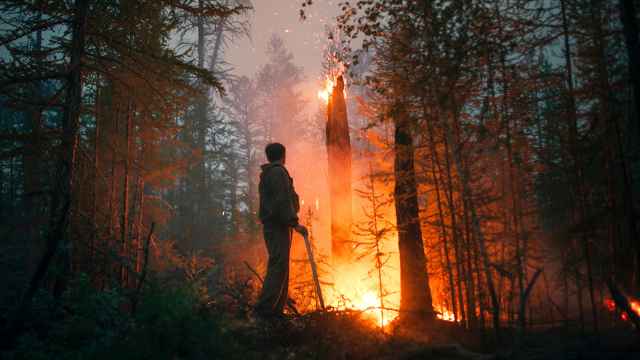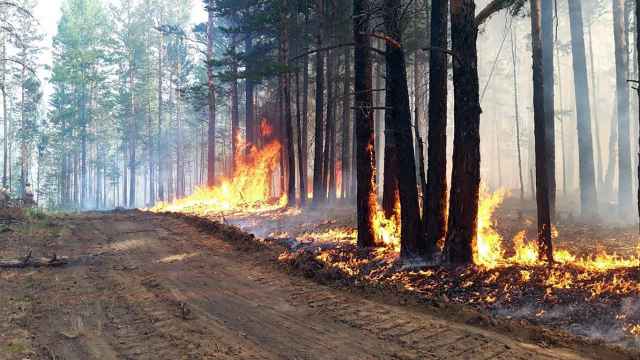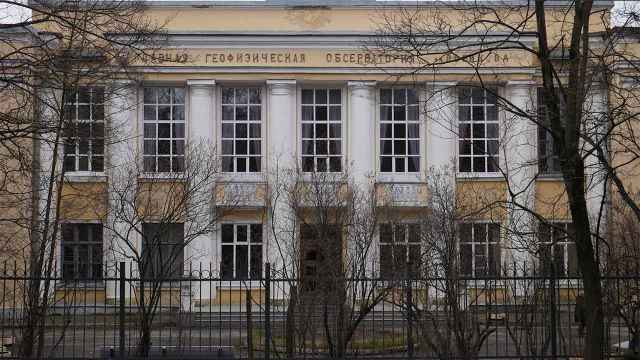Russia's forest service said there were nearly 300 wildfires blazing across the vast country's northern wilderness on Saturday, as it attempted to contain them with methods including explosives and cloud seeding.
Freakishly warm weather across large swathes of Siberia since January, combined with low soil moisture, have contributed to a resurgence of wildfires that devastated the region last summer, the European Union's climate monitoring network said this week.
Both the number and intensity of fires in Siberia and parts of Alaska have increased since mid-June, resulting in the highest carbon emissions for the month — 59 million tons of CO2 — since records began in 2003, it said.
Russia's Aerial Forest Protection Service said it was trying to suppress 136 fires over 43,000 hectares (430 square kilometers) as of Saturday.
Firefighters are using explosives to contain the fires and seeding clouds with silver iodide to encourage rain, it said.
However 159 other fires have been deemed too remote and expensive to handle, with over 333,000 hectares currently ablaze in areas where firefighting efforts have stopped, it said.
The area currently burning is still considerably smaller than a week ago, when the service reported fires over a total of 2 million hectares.
From mid-June, regions in Russia's northern Siberia, including beyond the Arctic circle, have registered unprecedented heat records.
Russia's weather service expert Roman Vilfand said that anti-cyclones — which create abnormally clear skies with no clouds or rain — had increased in the northern hemisphere.
In the Arctic, where the sun doesn't set in the summer, this means that sunlight is heating the Earth's surface around the clock, increasing the risk of fires, he said.
On Thursday, the Russian weather service said wildfires this year have already covered an area that is 9.6% larger than last year over the same period.
Fresh satellite images showed Saturday that the largest fires are still in Russia's vast republic of Sakha, which is sparsely populated and borders the Arctic Ocean.
Emergencies services in the region, where temperatures have been consistently above 30 degrees Celsius (86 degrees Fahrenheit), were fighting off the flames near an oil storage facility most of this week.
On Friday they declared there was no danger to populated areas.
The region announced a state of emergency on July 2 due to the wildfires, which the governor of Sakha said were caused by "dry thunderstorms."
Greenpeace Russia's forest program, which analyzes satellite data, said Saturday that a total of 9.26 million hectares — greater than the size of Portugal — have been impacted by wildfires since the beginning of 2020.
Russia's weather officials and environmentalists have said climate change is a major factor behind the increase in fires, though exacerbated by an underfunded forest service forced to leave most blazes unattended.
A Message from The Moscow Times:
Dear readers,
We are facing unprecedented challenges. Russia's Prosecutor General's Office has designated The Moscow Times as an "undesirable" organization, criminalizing our work and putting our staff at risk of prosecution. This follows our earlier unjust labeling as a "foreign agent."
These actions are direct attempts to silence independent journalism in Russia. The authorities claim our work "discredits the decisions of the Russian leadership." We see things differently: we strive to provide accurate, unbiased reporting on Russia.
We, the journalists of The Moscow Times, refuse to be silenced. But to continue our work, we need your help.
Your support, no matter how small, makes a world of difference. If you can, please support us monthly starting from just $2. It's quick to set up, and every contribution makes a significant impact.
By supporting The Moscow Times, you're defending open, independent journalism in the face of repression. Thank you for standing with us.
Remind me later.


